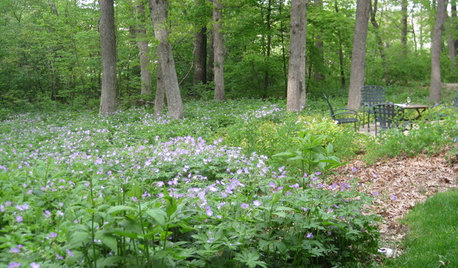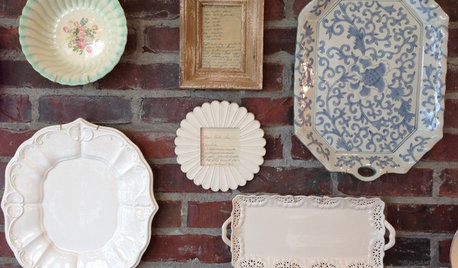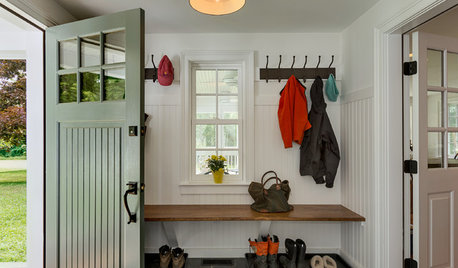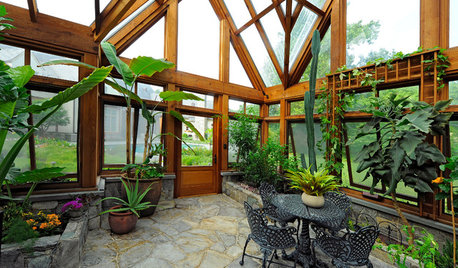Cloning
henryinct
10 years ago
Related Stories

PINKPint-Sized Design: Olivia's Pinkalicious Kids' Room
Fall in love with a 5-year-old girl's penny-pinching pink bedroom
Full Story
GROUND COVERSNative Alternatives to English Ivy, Japanese Pachysandra and Periwinkle
These shade-loving ground covers are good for the environment and say something about where you are
Full Story
GARDENING GUIDESWe Bust 4 More Native Plant Myths
Have you been taken in by these fallacies about gardening with native plants?
Full Story
DIY PROJECTS10 Home Projects to Work On Over Your Holiday Weekend
Make the most of your time windfall by accomplishing one of your back-burner tasks
Full Story
DECLUTTERINGSmall Steps for Keeping Your Housekeeping Resolutions
Take a different approach this year, making simple, positive changes that add up before you know it
Full Story
EDIBLE GARDENSThe Enticing Garden: How to Grow Bananas
Sweeten your dining table with surprising flavors of banana cultivars while adding tropical flavor to your garden
Full Story
GARDENING GUIDESHow to Keep Your Citrus Trees Well Fed and Healthy
Ripe for some citrus fertilizer know-how? This mini guide will help your lemon, orange and grapefruit trees flourish
Full Story
KITCHEN DESIGNKitchen Ideas for Bread Lovers
Any way you slice it, a kitchen designed with bread in mind conveys warmth and homeyness
Full Story
MORE ROOMSDream Rooms Dazzle at Decorator Showcase
San Francisco designers outdid themselves at the 2012 showcase, with spectacular rooms that go way beyond the pale
Full Story
HOUZZ TOURSNautilus Studio: Creative Living in 600 Square Feet
Two Seattle artists turn a tiny storage space into their ultimate canvas
Full Story







seil zone 6b MI
hoovb zone 9 sunset 23
Related Professionals
Deer Park Landscape Architects & Landscape Designers · Graham Landscape Architects & Landscape Designers · Saint Matthews Landscape Architects & Landscape Designers · Woodinville Landscape Architects & Landscape Designers · Wakefield Landscape Contractors · Berkeley Heights Landscape Contractors · Danvers Landscape Contractors · Fair Oaks Landscape Contractors · Garland Landscape Contractors · Mission Landscape Contractors · Pacifica Landscape Contractors · Ronkonkoma Landscape Contractors · University City Landscape Contractors · Wilton Landscape Contractors · Merrifield Landscape ContractorshenryinctOriginal Author
seil zone 6b MI
AquaEyes 7a NJ
SouthCountryGuy Zone 4b-5 SE BC
roseseek
User
caldonbeck
SouthCountryGuy Zone 4b-5 SE BC
User
henryinctOriginal Author
jacqueline9CA
SouthCountryGuy Zone 4b-5 SE BC
seil zone 6b MI
henryinctOriginal Author
roseseek
User
henryinctOriginal Author
User
henryinctOriginal Author
User
jacqueline9CA
User
roseseek
lynnette
roseblush1
Glenburn
roseseek
lynnette